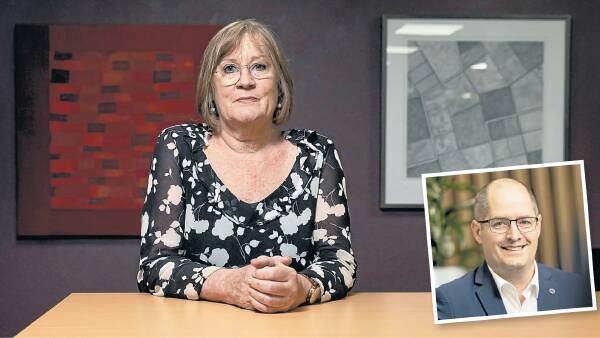
A parliamentary inquiry in Australia is set to investigate the controversial practices of so-called “debt vultures” and pay-day lenders. This initiative aims to expose how these entities exploit financially vulnerable individuals, according to consumer advocates. The inquiry, spearheaded by the Australian Senate, comes as growing concerns over predatory lending practices have surged in recent years.
The inquiry will focus on the tactics employed by these lenders, who are often accused of targeting people in precarious financial situations. Many of these individuals find themselves trapped in a cycle of debt that is difficult to escape. This investigation aligns with previous findings from the Financial Services Royal Commission, which highlighted systemic issues within the lending industry.
Senator Jane Doe, who will lead the inquiry, emphasized the need for transparency and accountability in this sector. “It is crucial that we protect consumers from predatory practices that can have devastating impacts on their lives,” she stated. The inquiry is expected to gather evidence from various stakeholders, including borrowers, consumer protection groups, and industry representatives.
Consumer advocates have long criticized pay-day lenders for offering loans with exorbitant interest rates. According to the Australian Securities and Investments Commission (ASIC), some pay-day loans can carry interest rates exceeding 400% per annum. This high cost of borrowing can lead to significant financial distress for borrowers, often forcing them to take out additional loans to cover their debts.
As part of the inquiry, the Senate will examine the regulatory framework surrounding pay-day lending and the practices of debt management companies. Many advocates believe that current regulations are inadequate in protecting consumers from exploitative lending practices. They argue that tighter regulations are necessary to ensure that vulnerable individuals are not subjected to excessive fees and interest rates.
The inquiry also seeks to understand the broader impact of these lending practices on Australian society. Individuals caught in the debt cycle often face not just financial hardship, but also emotional and psychological stress. The repercussions can extend to families and communities, exacerbating issues such as poverty and homelessness.
Scheduled to commence in March 2024, the inquiry is expected to take several months. It will involve public hearings, where affected individuals will have the opportunity to share their experiences. The findings from this inquiry could lead to significant reforms in how pay-day lenders operate and how consumers are protected from predatory practices.
Consumer advocacy groups have expressed optimism that the inquiry will result in meaningful change. They believe it is vital for the government to take a stand against practices that exploit the most vulnerable members of society. The outcome of this inquiry could set a precedent for future regulations in the financial sector.
In a landscape where financial literacy is crucial, the inquiry aims to educate consumers about their rights and the risks associated with high-interest loans. By shedding light on the practices of debt vultures, the Senate hopes to empower borrowers to make informed decisions. This proactive approach underscores the government’s commitment to safeguarding the financial well-being of Australians.
As this inquiry unfolds, it will be closely watched by various stakeholders, including financial institutions, consumer advocates, and the general public. The findings could reshape the future of lending practices in Australia, ensuring that those in need are treated with fairness and respect.






